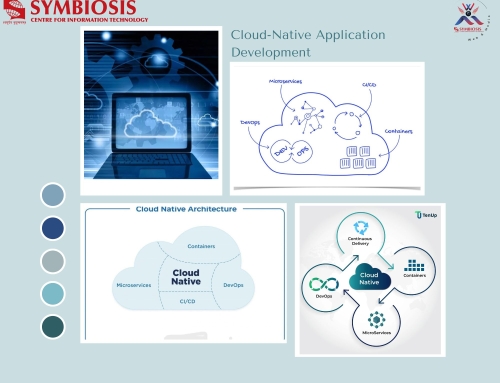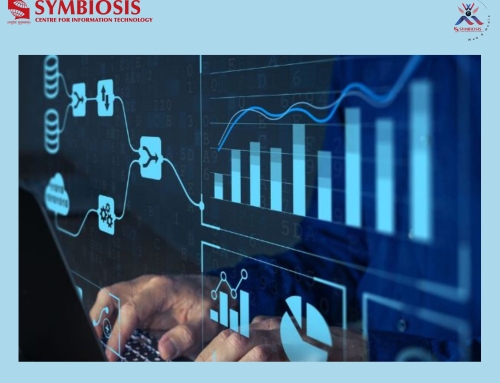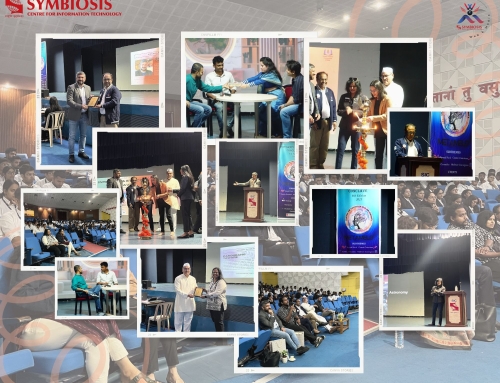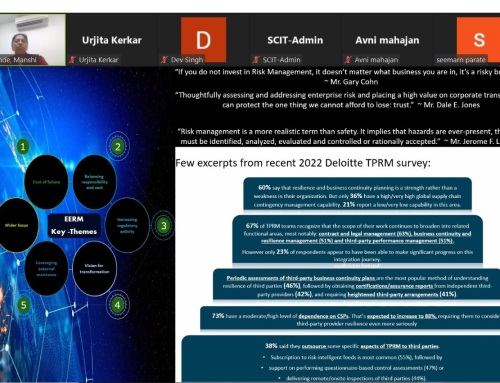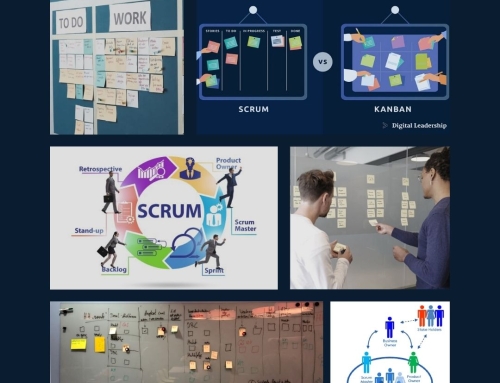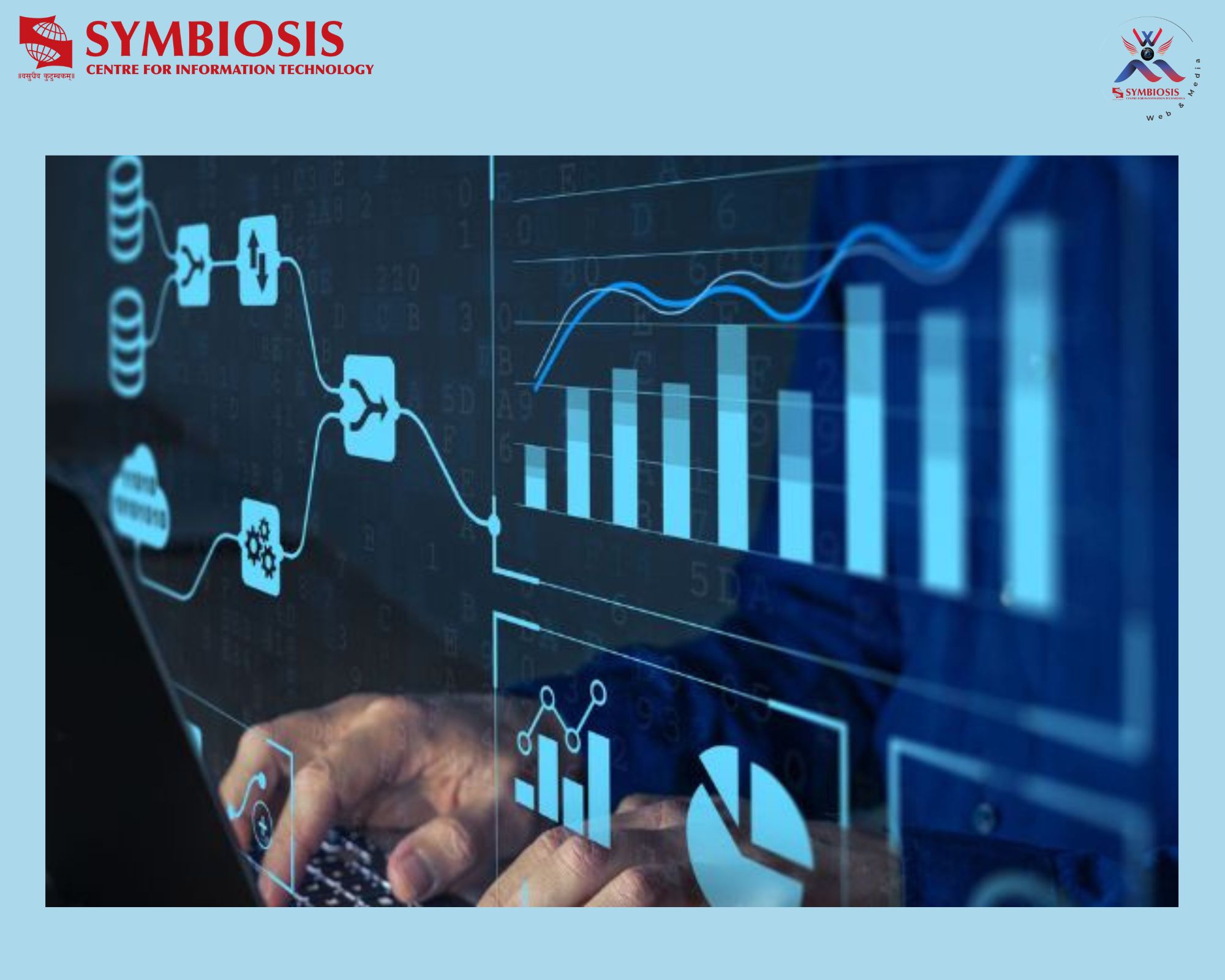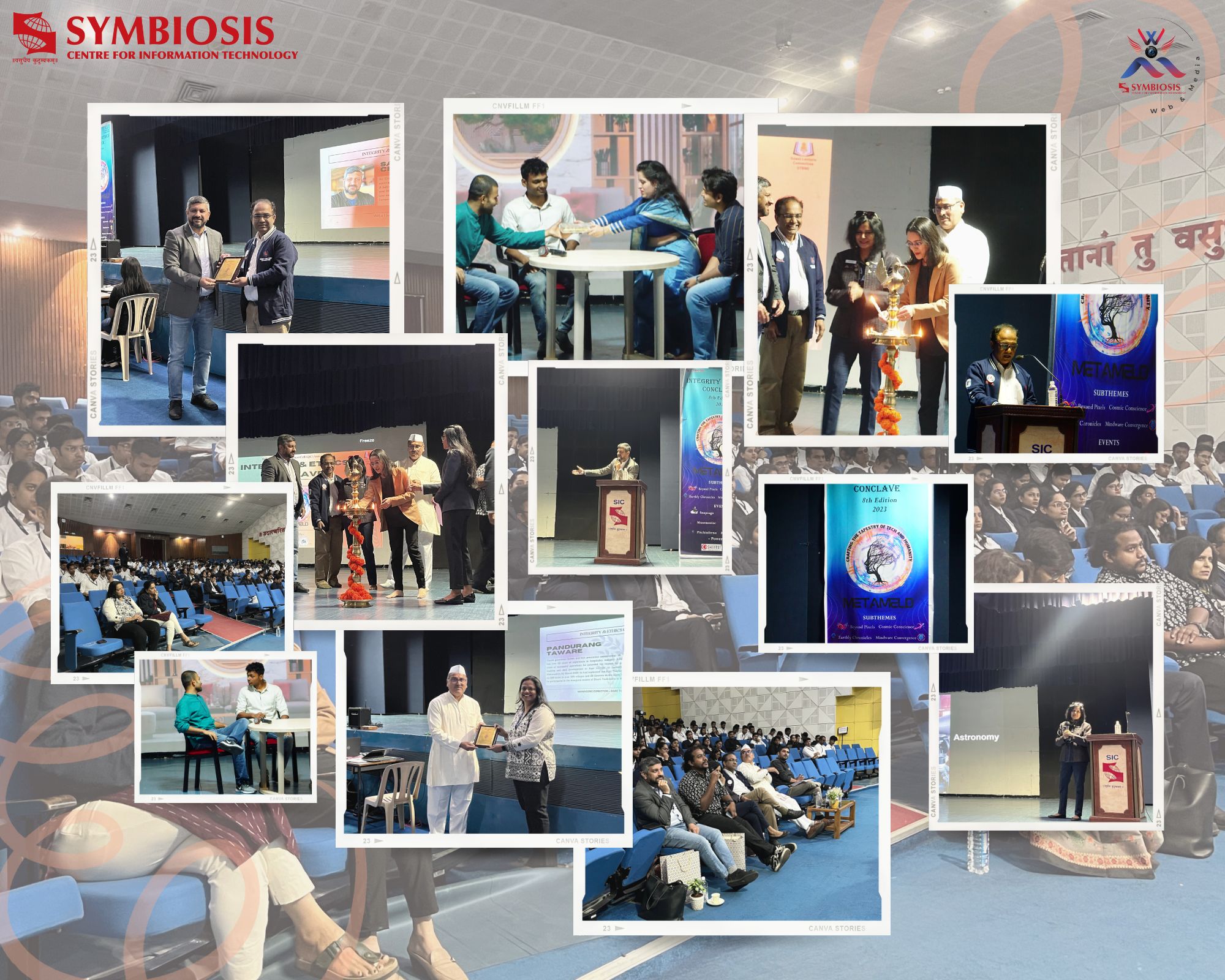BUDGET 2013

BUDGET 2013
In the current scenario, I am sure nobody would be ready to take on the job of Finance minister of India. Considering all the corruption scams, policy inaction and growing inflation which has been the headlines of the UPA II regime for the past 5 years. And here comes a Harvard business graduate to present his 8th budget as a Finance minister….Welcome Mr. P Chidambaram (Let’s call him PC). The three big issues that might have been troubling PC prior to announcing the budget is as follows:
- The widening fiscal deficit i.e. the difference between income and expenditure. PC had promised prior the budget that he would try to keep the fiscal deficit to 5.3%.
- The decelerating growth combined with an ever rising inflation.
- Finally the rising current account deficit i.e. the difference between exports and imports due to rising imports of oil and gold.
Prior to the budget, India was already facing a threat of downgrade from the Standard and Poor rating agency which would have seriously affected the foreign inflows. PC also had to keep in mind that this is the last budget before the general elections and hence he had to present a fairly populist budget but at the same time it also had to be economically viable for India in the face of rising uncertainty. Keeping all these points in consideration below mentioned are the some of the important decisions taken in the budget 2013.
Fiscal Deficit
PC beat his own estimate of keeping fiscal deficit to 5.3% by bringing down the number to 5.2%. But this was largely possible because of a huge reduction in the planned expenditure (money used for investment in various sectors for development of the country). So basically PC cut down the expenditure by a huge margin and with a little help from the recent decisions like de-regulation of diesel prices and capping the LPG helped in bringing down the fiscal deficit.
Also PC has aimed to bring down the fiscal deficit to 4.8% in the coming fiscal year. This reduction is predicted based on huge ambitious targets like bringing down the subsidies to fuel, increased tax collections, spectrum allocation and huge funds collected from the disinvestment in PSU’s. Of the above only the target from disinvestments seems achievable and the tax collections target seems achievable provided the economy grows at 6.2-6.3% in the next fiscal.
GST (Goods and Service tax) & DTC (Direct tax code)
PC mentioned that the government has set a deadline for bringing in DTC and the bill would be brought in the parliament at the end of the budget session.
As far as GST is concerned, PC mentioned there is no deadline as such because it depends on how fast all the state ministers can come to a conclusion over a common model and compensation. But PC has set aside 9000cr (compensation for year 2010-11) for GST and requested all the state ministers to come a conclusion as early as possible. It is estimated that the introduction of GST would add at least 1.5% to the existing GDP.
Direct benefit transfer (DBT)
The flagship programme of UPA for the forthcoming elections “Direct benefit transfer” as per PC is on right tracks and some modifications here and there are required. According to PC, there are 3 pillars for DBT:
- A digitised beneficiary list
- Bank accounts for all beneficiaries.
- Aadhaar card.
As per PC, the digitised beneficiary list is almost ready and once the list is ready, bank accounts for all beneficiaries will be opened and Aadhaar is doing the catch-up work. PC also mentioned that the food and fertilisers benefit would be kept out of the current DBT as they are complicated and some work needs to be done.
Taxing Super rich
PC has proposed to charge a surcharge of 10% for those earning more than 1 crore and the surcharge for a domestic firm earning more than 10 crore has been increased to 10% from 5%. Though he has mentioned that this surcharge would be valid only for one year. Nearly 49500 people earn more than 1 crore as per government estimates. Really this number baffles me!!!!! (Only 49000…come on yaar)
The government has increased excise duty on SUV’s to 30%. Cigarettes and mobile phones also attract more taxes. There has been an increase in customs duty for luxury cars and bikes. Also import duty of used cars has been increased to 125% from 100% which curbs the import of luxury second hand cars. Even A/C restaurants have to pay more as part of their service tax.
Energy & Manufacturing
Electricity is set to become costlier as duty will be charged on imported coal (be it stem coal or bituminous coal) with 2% custom duty and 2% CVD (countervailing duty—a duty that is applied to offset subsidised export from another country).
Also to revive the manufacturing sector, government has planned an investment allowance of 15% over an investment of 100 crores for all investments in plant & machinery in the coming two years. PC has also raised the custom duty on electronics goods which is a positive sign for the local electronic manufacturing units.
Incubators
PC mentioned in his budget speech that funding will be given to incubators on college campuses. Also the corporate sector’s investment in such incubators will be considered as CSR (Corporate social responsibility). The corporate’s will be more than happy to invest in such incubators as they are interested in giving funding to entrepreneur’s.
Real estate
The government has proposed that a 25 lakh home loan will get tax deduction of an additional one lakh tax deduction on interest payments for the first year. Overall a person taking a home loan of 25 lakh will get tax deduction of 2.5lakh.
This step surely augurs well for the real estate sector as it has been reeling under low demand from the customers. But the real estate sector feels that there are very few homes available at that rate and hence this step wouldn’t make any significant difference to their prospects. Instead the real estate sector expected some perks on the premium home side rather than the affordable home section.
Foreign investment
The government has proposed a 20% tax on profits distributed through buyback of shares (government felt many firms instead of distributing profit through dividends opted for the route of buyback of shares). Also there has been an increase on tax on royalties, companies pay to their parents abroad to 25% from 10%.
Also PC has clearly stated the difference between FII (Foreign institutional investment) and FDI (Foreign direct investment). Any foreign institution having more than 10% stake will be considered as FDI and less than 10% will be considered as FII. This step has left many foreign institutions to change their holding pattern in the Indian organisations. Also PC has stated that along with tax certificates, a beneficiary certificate is also necessary to avoid double taxation.
These decisions have spooked the foreign investors from investing their funds in the Indian economy.
Women Power
PC has allocated nearly 2000crores for the women and child development ministry and 1000crores for the “Nirbhaya fund” in honour of the Delhi gang-rape victim to promote women’s safety.
But Congress has faced to pass the bill which reserves 33% of the seats for women in Parliament as though it has been passed by Rajya sabha, it has still not been cleared in the Lok Sabha. All these steps clearly indicate Congress is trying to woo the second largest base of voters.
Also PC has proposed to open an All-women bank which will lend specifically to women entrepreneurs and women self-help groups. It will also be managed completely by women.
Health care
Universal health coverage (UHC) one of the flagship programmes of UPA takes a back seat and 21,239 crores have been allocated for National Health mission (NHM). Also allocation for the Integrated Child development services has been increased 11.7% to 17,700 crores. Allocation to the Ministry of drinking water and sanitation was increased to 15,260 crores from 14,000 crores.
But the health care industry feels there has been only a marginal increase in the budget allocated to them when compared with the previous year. Also the experts feel that the government is not concerned about the health of the people.
Education
The education sector has been allocated roughly 65,000 cr, an increase of 7% from that of the current fiscal year. Major portion of this budget goes to Sarva Shiksha Abhiyan (SSA) which is entrusted with implementing the Right to education act.
Also 1000cr have been set aside by PC for a scheme in which 1 million students will get Rs.10,000 each on completing skills training course.
CONCLUSION
Considering the current scenario, it has been a satisfactory budget and let’s hope that the country rises to a growth of 6% plus. It’s achievable provided the investment cycle improves which has been stagnant due to various bottlenecks. Moreover everybody can’t be made happy in a budget!!!!!!.
Allen Kenny
SCIT MBA-ITBM
(2012-2014)

